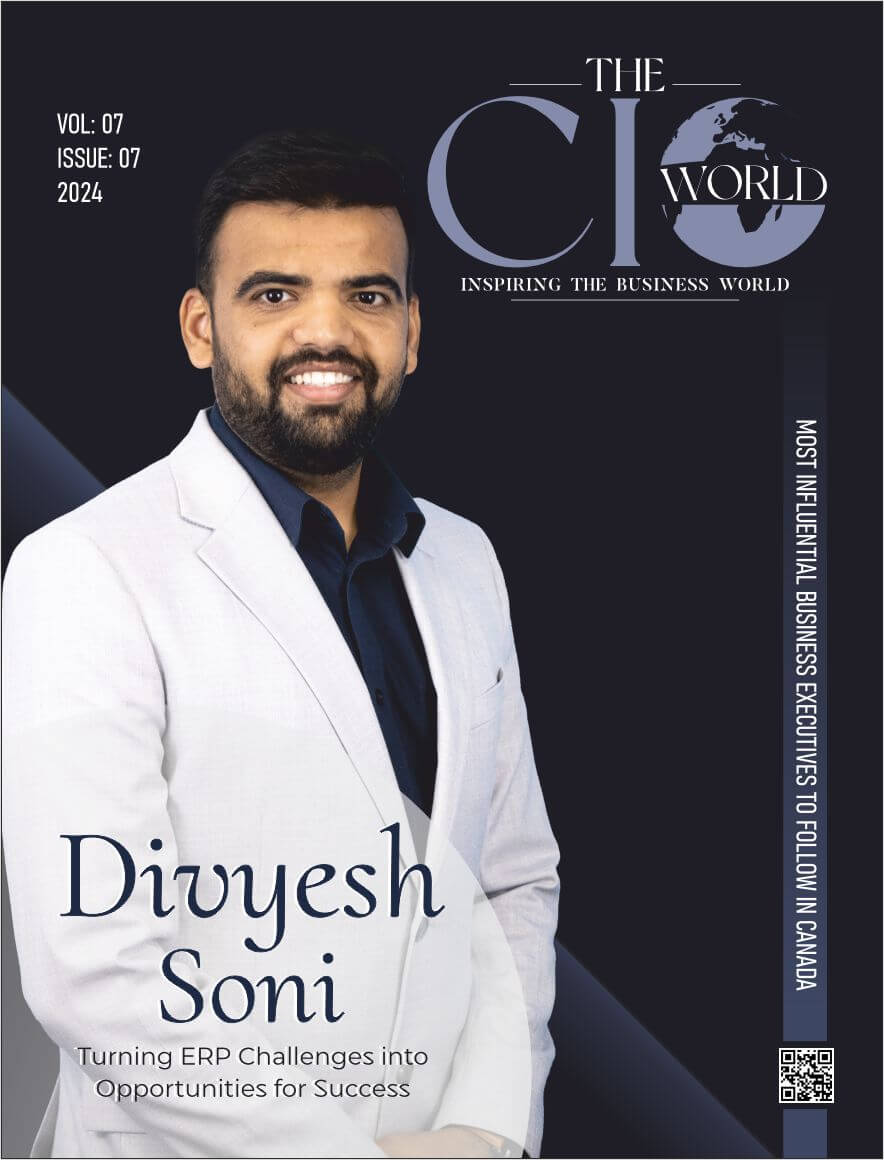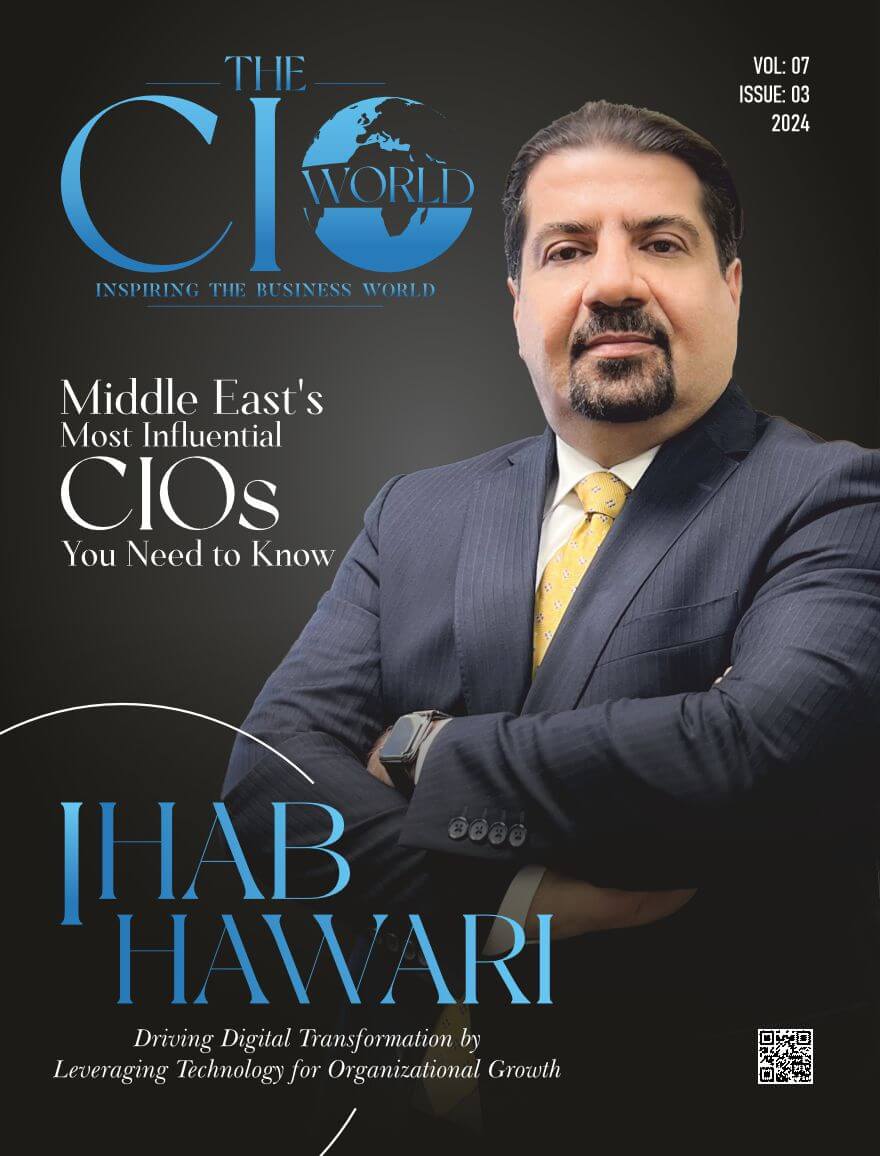During Salesforce’s AI Day in New York City, CEO Marc Benioff discussed the company’s venture into generative artificial intelligence (AI) and its newest offering, AI Cloud, in an interview with CNBC’s Jim Cramer. Privacy emerged as a key focus for Benioff when discussing generative AI products, as he highlighted their propensity to “hallucinate” or fabricate information.
Benioff likened large language models to “huge vacuum cleaners” that collect vast amounts of data from the internet, acting as both plagiarizers and potential liars. The issue of hallucinations has become widespread, with notable instances such as Google’s AI chatbot generating false information about the James Webb telescope. Additionally, lawyers using ChatGPT, a language model, encountered fabricated cases in legal motions.
To combat these challenges and prioritize customer privacy, Salesforce’s AI Cloud incorporates a “trust layer” and involves human involvement in the AI processes. Benioff emphasized the importance of not simply feeding sensitive customer data into a language model accessible to all employees. Instead, Salesforce aims to provide the power of generative AI to employees while preserving critical privacy.
The AI Cloud technology is particularly advantageous for Salesforce clients in the telecommunications sector. It enables customer service agents to gain a holistic view of customer needs and their previous interactions with the company, enhancing the quality of customer service.
By addressing the concerns of hallucinations and privacy, Salesforce’s AI Cloud aims to leverage generative AI to improve productivity without compromising data privacy, offering valuable insights and capabilities to enhance customer experiences.







